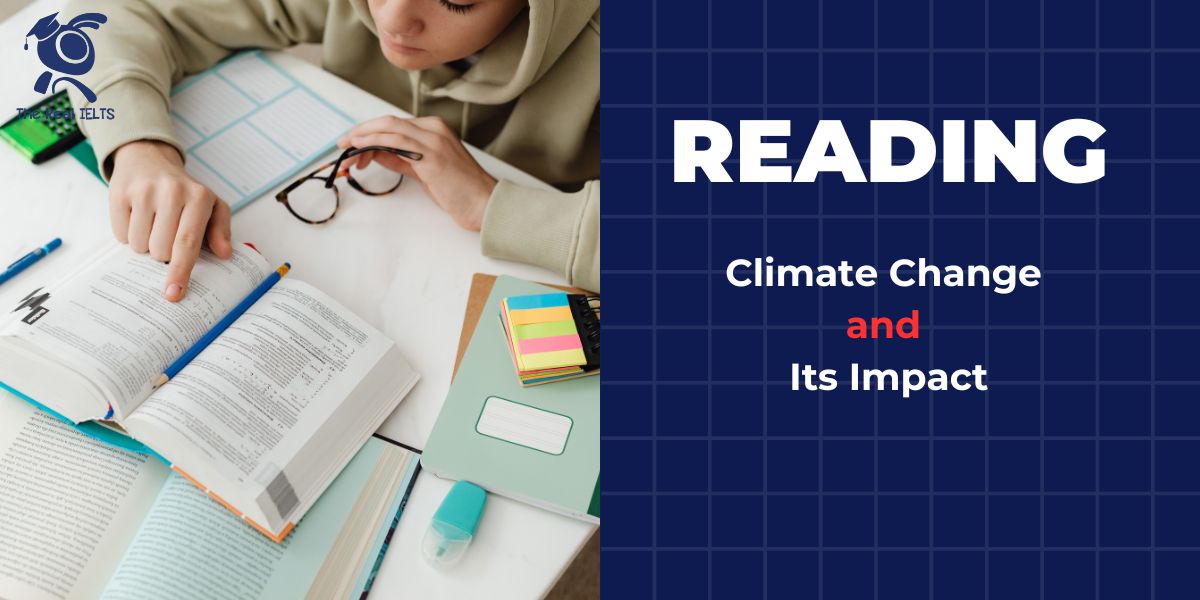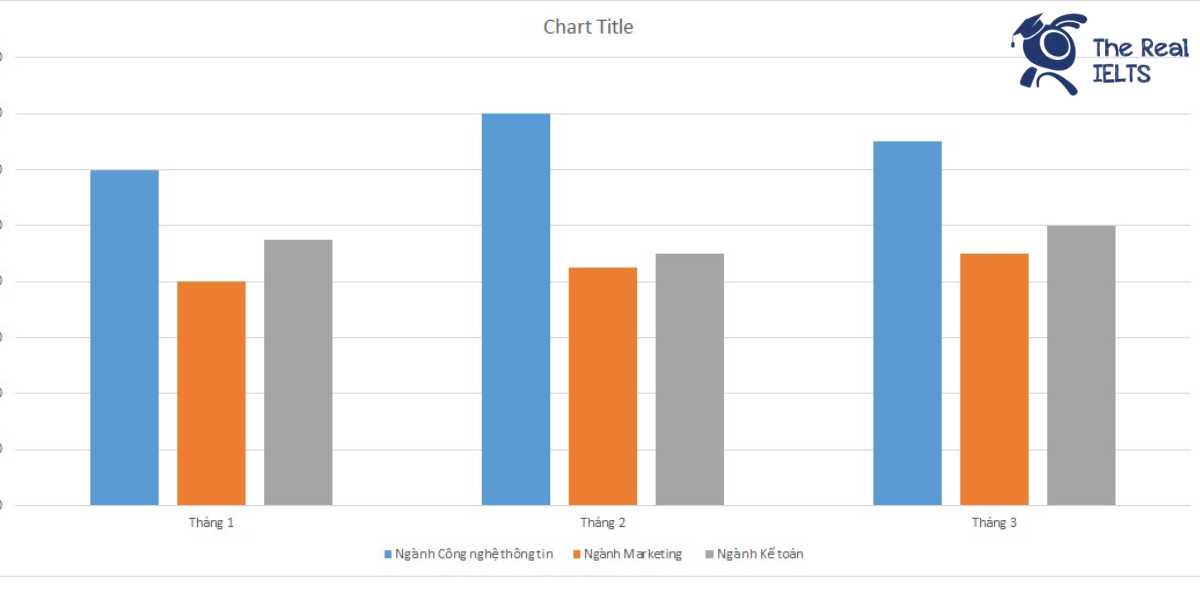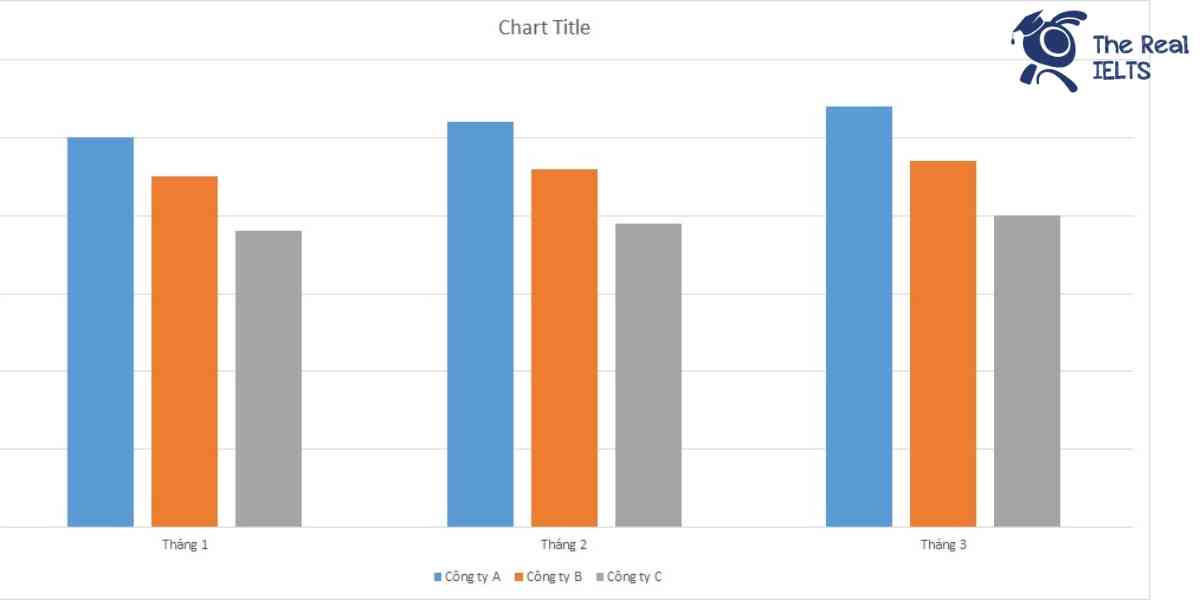Bài Reading này có chủ đề là Climate Change and Its Impact tức là nói về sự biến đổi khí hậu. Chủ đề này cũng rất hay có trong các bài thi IELTS hoặc các bài thi của các kỳ thi khác.
Đọc thêm: Học IELTS từ 0 lên 6.5 mất bao nhiêu tiền?
Reading: Climate Change and Its Impact
Climate change is one of the most pressing issues facing our planet today. It refers to significant and lasting changes in the Earth’s climate patterns, primarily due to human activities such as burning fossil fuels, deforestation, and industrial processes. These activities release greenhouse gases like carbon dioxide and methane into the atmosphere, trapping heat and leading to global warming.
The impact of climate change is far-reaching and affects various aspects of life on Earth. One of the most noticeable effects is the rise in global temperatures, resulting in melting ice caps and rising sea levels. This phenomenon not only threatens coastal communities but also disrupts marine ecosystems, leading to the loss of biodiversity.
Furthermore, climate change is exacerbating extreme weather events such as hurricanes, droughts, and heatwaves. These events have devastating consequences, causing damage to infrastructure, agriculture, and human health. Developing countries, in particular, are often the hardest hit, facing food shortages, water scarcity, and displacement of populations.
Moreover, climate change poses a threat to food security by disrupting agricultural production and distribution systems. Changes in temperature and precipitation patterns affect crop yields, leading to lower agricultural productivity and increased food prices. This impacts vulnerable populations, especially in regions already struggling with poverty and hunger.
In addition to environmental and socioeconomic impacts, climate change also presents challenges for global security. Competition over dwindling resources, such as water and arable land, can escalate tensions and conflicts between nations. Moreover, the displacement of people due to climate-related disasters can lead to mass migration and strain resources in host countries.
Addressing climate change requires concerted efforts at both the individual and collective levels. Adopting sustainable practices, transitioning to renewable energy sources, and implementing policies to reduce greenhouse gas emissions are essential steps in mitigating its impact. International cooperation and agreements, such as the Paris Agreement, play a crucial role in coordinating global responses to this existential threat.
In conclusion, climate change is a complex issue with profound implications for the planet and its inhabitants. Urgent action is needed to mitigate its impact and adapt to the changes already underway. By working together, we can build a more sustainable future for generations to come.
Câu hỏi:
- What is climate change, and what are its primary causes?
- How does climate change affect sea levels and coastal communities?
- What are some examples of extreme weather events exacerbated by climate change?
- How does climate change impact food security?
- What are the implications of climate change for global security?
- What actions can individuals and governments take to address climate change?
Gợi ý câu trả lời:
- Climate change refers to significant and lasting alterations in Earth’s climate patterns, primarily caused by human activities such as burning fossil fuels, deforestation, and industrial processes that emit greenhouse gases like carbon dioxide and methane into the atmosphere, resulting in global warming.
- Climate change leads to rising global temperatures, causing ice caps to melt and sea levels to rise. This phenomenon threatens coastal communities by increasing the risk of flooding and erosion, thereby endangering infrastructure and livelihoods.
- Examples of extreme weather events exacerbated by climate change include hurricanes becoming more intense and frequent, prolonged droughts affecting agricultural productivity, and heatwaves becoming more severe, posing health risks to populations.
- Climate change impacts food security by disrupting agricultural production and distribution systems. Changes in temperature and precipitation patterns affect crop yields, leading to reduced agricultural productivity, increased food prices, and food shortages, particularly in vulnerable regions.
- The implications of climate change for global security include heightened competition over scarce resources such as water and arable land, which can escalate tensions and conflicts between nations. Additionally, climate-related disasters can lead to mass migrations, strain resources in host countries, and exacerbate existing geopolitical tensions.
- Individuals can take actions such as reducing their carbon footprint by using energy-efficient appliances, driving less, and consuming sustainably. Governments can implement policies to reduce greenhouse gas emissions, invest in renewable energy sources, and promote international cooperation through agreements like the Paris Agreement to mitigate climate change’s impact.
Phần song ngữ:
Climate change is one of the most pressing issues facing our planet today. It refers to significant and lasting changes in the Earth’s climate patterns, primarily due to human activities such as burning fossil fuels, deforestation, and industrial processes. These activities release greenhouse gases like carbon dioxide and methane into the atmosphere, trapping heat and leading to global warming.
Biến đổi khí hậu là một trong những vấn đề cấp bách nhất đối diện với hành tinh của chúng ta ngày nay. Nó đề cập đến những thay đổi đáng kể và kéo dài trong mô hình khí hậu của Trái Đất, chủ yếu do các hoạt động của con người như đốt cháy nhiên liệu hóa thạch, phá rừng và quá trình công nghiệp. Những hoạt động này thải ra khí nhà kính như carbon dioxide và methane vào khí quyển, giam giữ nhiệt và dẫn đến hiện tượng ấm lên toàn cầu.
The impact of climate change is far-reaching and affects various aspects of life on Earth. One of the most noticeable effects is the rise in global temperatures, resulting in melting ice caps and rising sea levels. This phenomenon not only threatens coastal communities but also disrupts marine ecosystems, leading to the loss of biodiversity.
Ảnh hưởng của biến đổi khí hậu lan rộng và ảnh hưởng đến các khía cạnh của cuộc sống trên Trái Đất. Một trong những hiệu ứng dễ nhận thấy nhất là sự tăng nhiệt độ toàn cầu, dẫn đến việc tan chảy băng cực và nâng cao mực nước biển. Hiện tượng này không chỉ đe dọa các cộng đồng ven biển mà còn làm phá vỡ hệ sinh thái biển, dẫn đến sự mất cân bằng đa dạng sinh học.
Furthermore, climate change is exacerbating extreme weather events such as hurricanes, droughts, and heatwaves. These events have devastating consequences, causing damage to infrastructure, agriculture, and human health. Developing countries, in particular, are often the hardest hit, facing food shortages, water scarcity, and displacement of populations.
Hơn nữa, biến đổi khí hậu đang làm trầm trọng hóa các sự kiện thời tiết cực đoan như cơn bão, hạn hán và đợt nắng nóng. Những sự kiện này có hậu quả tàn khốc, gây ra thiệt hại cho cơ sở hạ tầng, nông nghiệp và sức khỏe con người. Các quốc gia đang phát triển, đặc biệt là thường là những nạn nhân khó khăn nhất, phải đối mặt với thiếu thốn thức ăn, khan hiếm nước và sự di tản của dân số.
Moreover, climate change poses a threat to food security by disrupting agricultural production and distribution systems. Changes in temperature and precipitation patterns affect crop yields, leading to lower agricultural productivity and increased food prices. This impacts vulnerable populations, especially in regions already struggling with poverty and hunger.
Hơn nữa, biến đổi khí hậu đe dọa an ninh thực phẩm bằng cách làm gián đoạn sản xuất và hệ thống phân phối nông sản. Sự thay đổi về nhiệt độ và mô hình lượng mưa ảnh hưởng đến sản lượng nông nghiệp, dẫn đến giảm hiệu suất nông nghiệp và tăng giá thực phẩm. Điều này ảnh hưởng đến các nhóm dân số dễ tổn thương, đặc biệt là ở các vùng đã đang phải đối mặt với nghèo đói và đói kém.
In addition to environmental and socioeconomic impacts, climate change also presents challenges for global security. Competition over dwindling resources, such as water and arable land, can escalate tensions and conflicts between nations. Moreover, the displacement of people due to climate-related disasters can lead to mass migration and strain resources in host countries.
Ngoài các ảnh hưởng về môi trường và kinh tế xã hội, biến đổi khí hậu cũng tạo ra thách thức cho an ninh toàn cầu. Sự cạnh tranh về tài nguyên cạn kiệt như nước và đất canh tác có thể leo thang căng thẳng và xung đột giữa các quốc gia. Hơn nữa, sự di tản của người do thảm họa liên quan đến khí hậu có thể dẫn đến di cư hàng loạt và căng thẳng nguồn lực trong các quốc gia tiếp đãi.
Addressing climate change requires concerted efforts at both the individual and collective levels. Adopting sustainable practices, transitioning to renewable energy sources, and implementing policies to reduce greenhouse gas emissions are essential steps in mitigating its impact. International cooperation and agreements, such as the Paris Agreement, play a crucial role in coordinating global responses to this existential threat.
Giải quyết biến đổi khí hậu đòi hỏi sự nỗ lực chung từ cả cá nhân và cấp chính phủ. Việc áp dụng các phương pháp bền vững, chuyển đổi sang các nguồn năng lượng tái tạo và triển khai chính sách để giảm lượng khí thải nhà kính là các bước cần thiết để giảm nhẹ ảnh hưởng của nó. Sự hợp tác quốc tế và các thỏa thuận, như Hiệp định Paris, đóng một vai trò quan trọng trong việc điều phối phản ứng toàn cầu trước mối đe dọa tồn tại này.
In conclusion, climate change is a complex issue with profound implications for the planet and its inhabitants. Urgent action is needed to mitigate its impact and adapt to the changes already underway. By working together, we can build a more sustainable future for generations to come.
Tóm lại, biến đổi khí hậu là một vấn đề phức tạp với những ảnh hưởng sâu sắc đối với hành tinh và những cư dân của nó. Hành động cấp bách cần được thực hiện để giảm nhẹ ảnh hưởng và thích ứng với các thay đổi đã diễn ra. Bằng việc hợp tác cùng nhau, chúng ta có thể xây dựng một tương lai bền vững cho các thế hệ sắp tới.
Học lại bài trước: Reading Skill Part 3: Exploring the History of the English Language.















